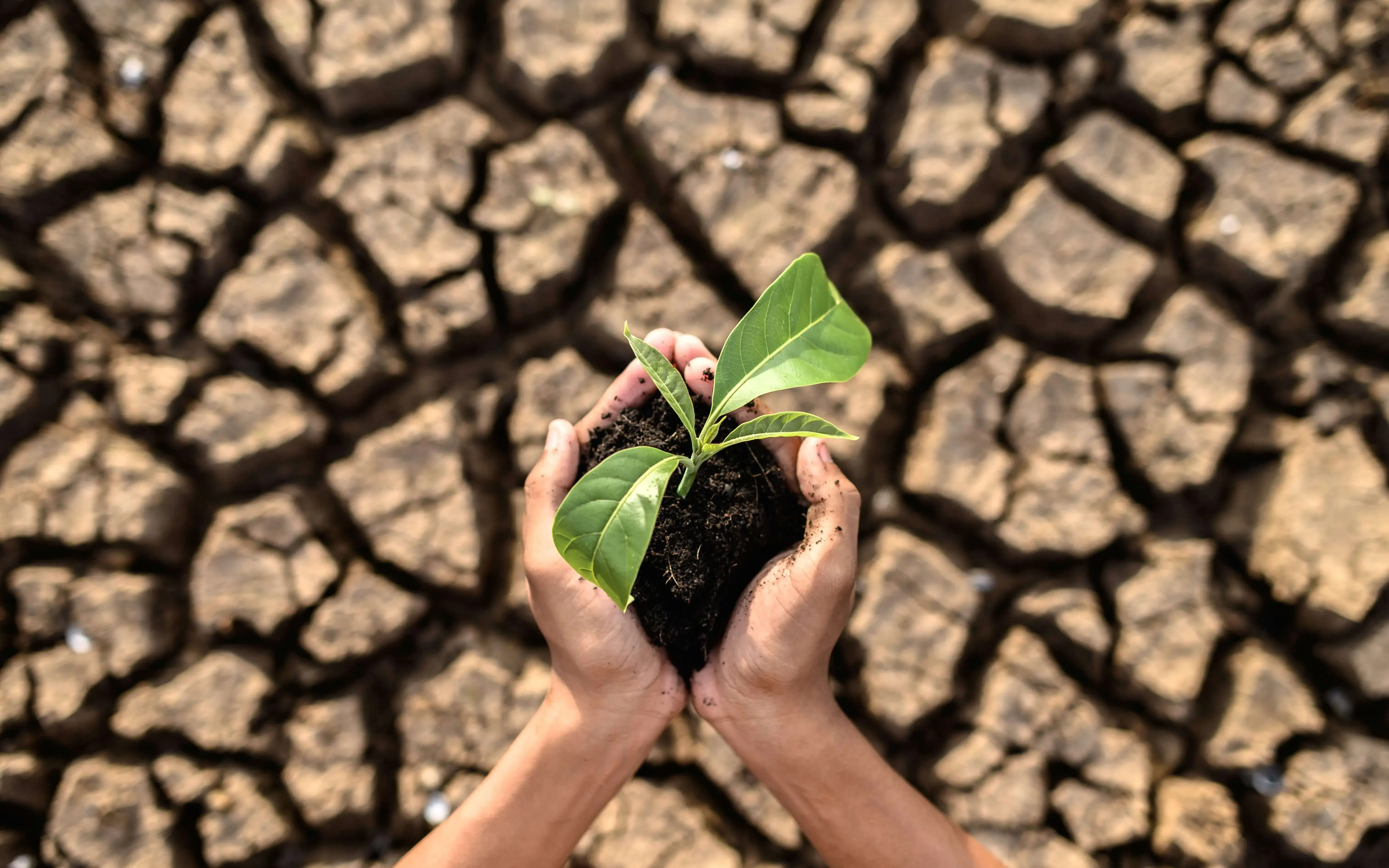Beatriz Felipe: "The impact of climate change can be so vast, that many times they aren’t even able to leave”
Climate migration is a concept being used more and more often, but applying for refuge based on this reason is not yet envisaged as a possibility and, in fact, it is complicated to justify migration based on this.
Beatriz Felipe is an expert on climate migration, a field she has been working in for twelve years as a researcher. Today, she is a member of the cooperative CICrA Justicia Ambiental and of the Center for the Study of Environmental Law of Tarragona (CEDAT) pertaining to the Universitat Rovira i Virgili.
Over these years, Felipe has seen growing discussions of migration and refuge based on climate causes, even if this concept is yet to be legally recognized. She also believes that institutions should do much more -and in many different ways- to deal with the present and future scenario.
The concept of climate refuge emerged years ago but is only starting to be used now.
There are studies on this matter going back to the 1970’s. I think that, at last, it is being discussed, but this is a reality happening on the ground and is not sufficiently discussed.
What are we referring to when we talk of climate migration? Why is this concept so difficult to define?
It is very abstract and relates to realities that are highly complex, because all forms of mobility, or most of them, are due to more than one single reason.
There are concrete cases where you realize these persons are having to leave for reasons clearly linked to climate: rising sea levels that are leaving them with no fresh water or with less land. In most cases, however, this is combined with situations of inequality and economic poverty.
Everything is interlinked, at the end of the day.
If due to climate change there is a drought impacting on tourism and this is the main livelihood for a family, or their croplands, and they have to leave, it will make it difficult to know that behind all of this is climate change. If you ask people that have left, most will say they had to leave for economic reasons or others relating to conflicts.
When we ask them what the environment was like of whether there were conflicts over resources, they will say that there was a drought, they had no food, or had to take on a job they didn’t enjoy because they couldn’t engage in agriculture.
Could you provide a figure of how many climate migrants there are in the world?
Legally speaking, we cannot say there are any climate refugees. Neither do we have concrete figures of people who have been forced to leave their homes for environmental or climate-related reasons. I have given this a lot of thought, because it may be that we never have such figures.
Is it obvious that this figure will rise in the future?
I have doubts, even when it is growingly taken into a count and given greater visibility. Climate change has an impact on people’s lives and, in the worst of cases, may even mean they are unable to leave.
One thing I do know for sure is that there will be a growing number of places that will become uninhabitable, but this will not mean that everyone can migrate. Also, relocating is costly, it may even cost lives and not everyone is willing to run this risk.
So, is it right to talk of climate refugees?
It is difficult for the definition provided in the Geneva Convention to be useful in these cases. The Convention isn’t being interpreted in a way that allows to consider these cases. I also understand that civil society organisations and journalists use this term to sound the alarm.
Is being a climate refugee the only way of gaining protection?
There are many forms of protection that could be updated, some are quicker than others. States can reach agreements to accept different persons, or they could grant a visa for climate-related matters. I would even take it a step further: State should endeavour to allow those who do not wish to leave to stay, either by making more contributions to the climate fund, or contributing to adaptation efforts on the ground.
If these persons are to be climate refugees, then the Geneva Convention will need to me amended, but this is difficult.
How do these situations affect women specifically?
Patriarchal capitalism leads to situations of crisis with inequalities in access to information, education, health, housing, land tenure… In many cases it is clear that when there is a drought or lack of work for men, then violence against women increases.
Very often girls are pulled out of school so they can go to fetch water, for instance, or women are made to take care of those who fall ill because the water they drink is polluted. Even those who have not yet left are faced with many problems. Along the migration journey women and girls are also the main victims of sexual exploitation.








Add new comment